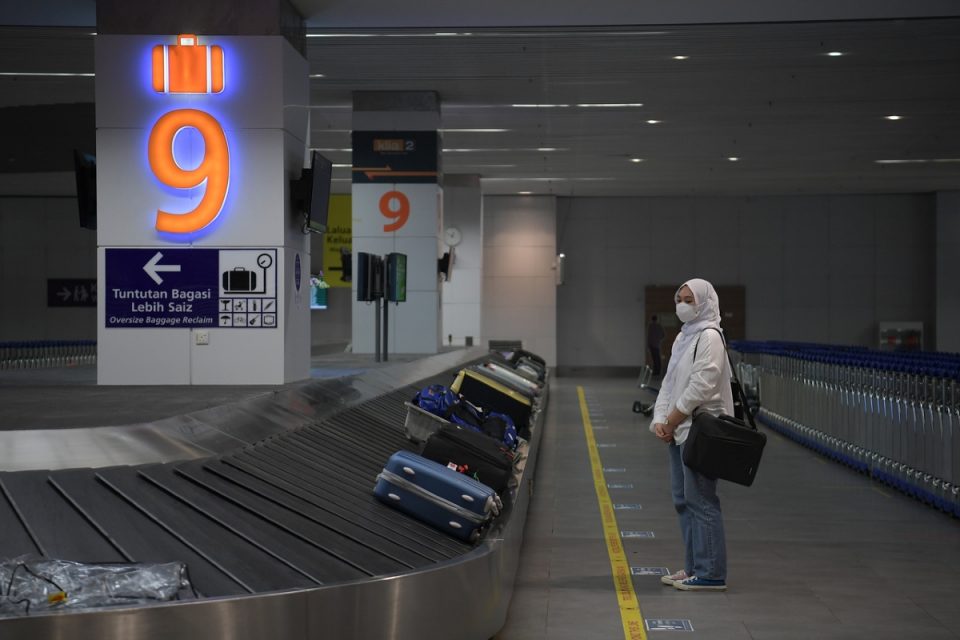KUALA LUMPUR, April 7 — Air travel and demand for global air cargo markets improved in February 2022, according to the International Air Transport Association (IATA).
In a statement yesterday, IATA said Omicron-related impacts moderated outside of Asia while the war in Ukraine, which began on February 24, did not have a major impact on traffic levels.
It said total traffic in February 2022, which was measured in revenue passenger kilometres (RPKs), was up 115.9 per cent compared to February 2021.
“That is an improvement from January 2022, which was up 83.1 per cent compared to January 2021.
“Compared to February 2019, however, traffic was down 45.5 per cent,” IATA said.
It added that domestic traffic in February 2022 was up 60.7 per cent from February 2021, building on a 42.6 per cent increase in January 2022 compared to January 2021.
Domestic traffic in February was 21.8 per cent below the volumes of February 2019.
Meanwhile, international RPKs rose 256.8 per cent versus February 2021, improving from a 165.5 per cent year-over-year (y-o-y) increase in January 2022 versus the year-earlier period.
It said all regions improved their performance compared to the prior month despite February 2022 international RPKs slipping by 59.6 per cent compared to the same month in 2019.
“The recovery in air travel is gathering steam as governments in many parts of the world lift travel restrictions,” said IATA director general Willie Walsh.
Meanwhile, IATA said the demand for global air cargo markets increased in February 2022 despite a challenging operating backdrop.
On the demand side, it said, manufacturing activity ramped up quickly after the early February Lunar New Year holidays.
“Capacity was positively influenced by the general and progressive relaxation of Covid-19 travel restrictions, reduced flight cancellations due to Omicron-related factors (outside of Asia), and fewer winter weather operational disruptions,” said IATA in a separate statement.
Global demand, which is measured in cargo tonne-kilometres (CTKs), was up 2.9 per cent compared to February 2021 (2.5 per cent for international operations).
While cargo volumes continued to rise, the growth rate decelerated from the 8.7 per cent y-o-y expansion in December, it said.
Capacity was 12.5 per cent above February 2021 (8.9 per cent for international operations).
While this is in positive territory compared to pre-Covid-19 levels, capacity remains constrained by recording 5.6 per cent below February 2019 levels, said IATA.
It also said the impact of Russia’s invasion of Ukraine had a limited effect globally on February’s performance as it occurred near the end of the month.
IATA expects the negative impacts of war and related sanctions (particularly higher energy costs and reduced trade) will become more visible from March.
Walsh said the demand for air cargo continued to expand despite growing challenges in the trading environment.
“That is not likely to be the case in March as the economic consequences of the war in Ukraine take hold.
“Sanction-related shifts in manufacturing and economic activity, rising oil prices and geopolitical uncertainty are expected to take their toll on air cargo’s performance,” he added.
— Bernama





